SUMMARY
This is AI generated summarization, which may have errors. For context, always refer to the full article.
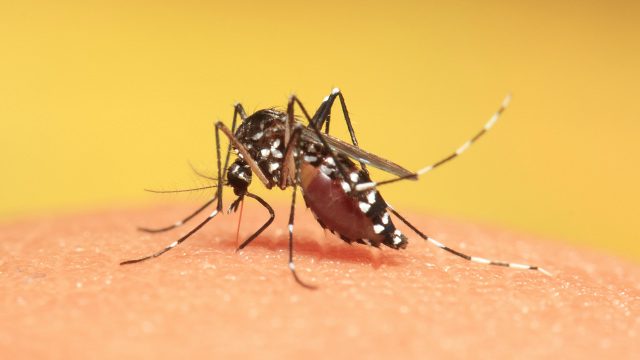
GENERAL SANTOS, Philippines – Health authorities in Davao City have stepped up efforts to fight a surge in the number of dengue fever cases in the city, blaming the increase on many residents’ reluctance to seek medical help.
Officials reported that from January to August alone, more than 1,500 residents were affected by dengue. During the same period in 2022, there were 1,052 cases documented.
Health officials attribute the surge in cases to poor sanitation, improper waste disposal, frequent rains that create mosquito breeding sites, and residents’ reluctance to seek medical help.
Melodina Babante, the head of the Tropical Disease Division of the Davao City Health Office (CHO), said there were more than 1,500 cases reported in mid-August, and “the numbers continue to climb.”
Babante told local broadcaster DXDC on Tuesday, September 19, that there were 28 deaths, mostly four to seven-year-old children, during that period.
Some of these deaths are still being investigated to confirm if dengue was the cause, she added. Last year, the city recorded 13 dengue-related deaths.
Regarding dengue-related deaths, Babante said the families of infected individuals often hesitate to seek medical intervention due to financial constraints and the rigorous hospital requirements, such as obtaining swab tests before admission. These delays treatment for dengue patients, she said.
Others would simply resort to self-diagnosis, believing that their symptoms are just ordinary fevers that can be treated with home remedies, unknowingly putting patients’ lives at risk.
Given this situation, the CHO has called on every barangay in the city to establish its own Mosquito-Borne Viral Disease Task Force to contribute to the efforts against dengue.
Babante said that out of the 182 barangays in Davao City, only nine have an active task force. These task forces have played a crucial role in reducing the infection rate in their respective villages in previous years, according to Babante.
The barangay task force can play a critical role in halting the spread of dengue by identifying and eliminating mosquito breeding sites, she explained. They can also monitor residents for signs of infection and use this information to apply early interventions to prevent dengue from spreading further.
Dr. Anabelle Yumang, Davao region director of the Department of Health (DOH), said the upward trend in dengue cases in the city has been observed since the middle of this year, prompting preventive measures.
Yumang said that with dengue becoming a recurring health issue every year, barangays must actively participate in its elimination.
Barangays need to guide residents in the anti-dengue campaign, search for and destroy all potential mosquito breeding areas, and seek proper consultation with health personnel.
The Davao CHO previously identified several barangays as dengue hotspots, including Talomo, Catalunan Pequeño, Bago Gallera, Catalunan Grande, 19-B, 8-A, 76-A, Toril, Sto. Niño Relocation, Mintal, Tacunan, Calinan Poblacion, and Los Amigos, Matina Aplaya, Matina Crossing, Maa, Buhangin, Sasa, Tibungco, Panacan, Ilang, and Agdao. – Rappler.com
Add a comment
How does this make you feel?
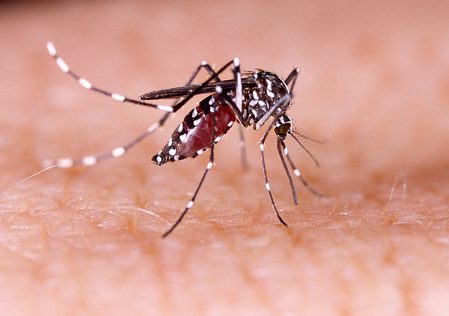
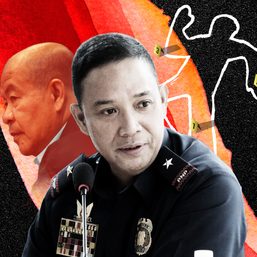

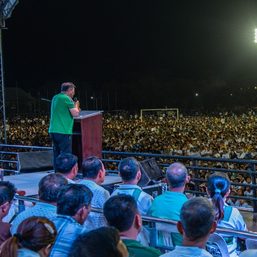
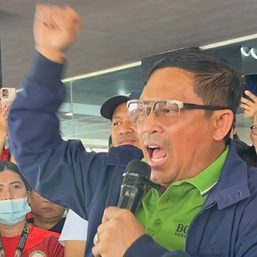
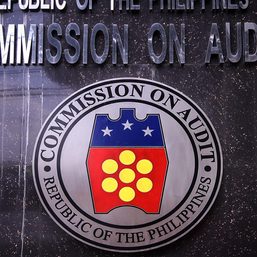
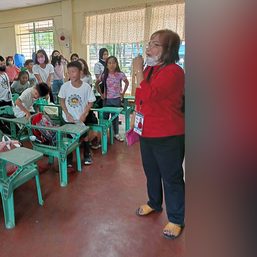
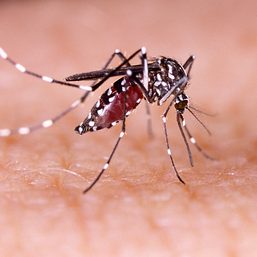
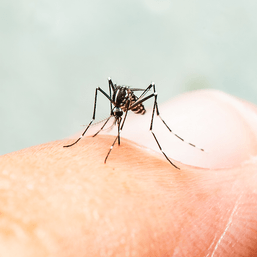
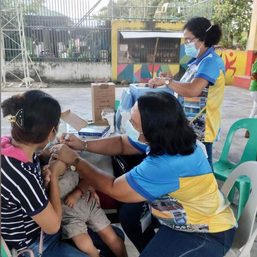
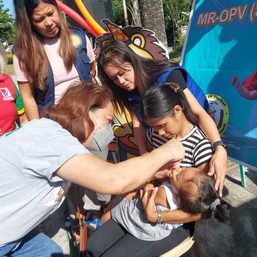

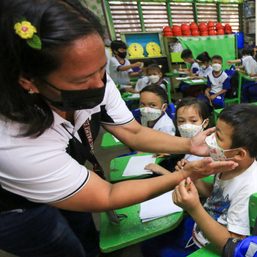

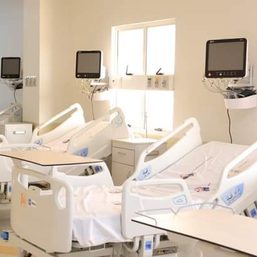

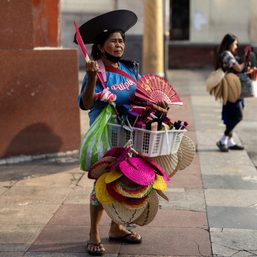
![[Free to Disagree] Sabwatan ng mga doktor at drug companies](https://www.rappler.com/tachyon/2024/04/tl-sabwatan-doktor-drug-companies-April-22-2024.jpg?resize=257%2C257&crop=292px%2C0px%2C720px%2C720px)
There are no comments yet. Add your comment to start the conversation.